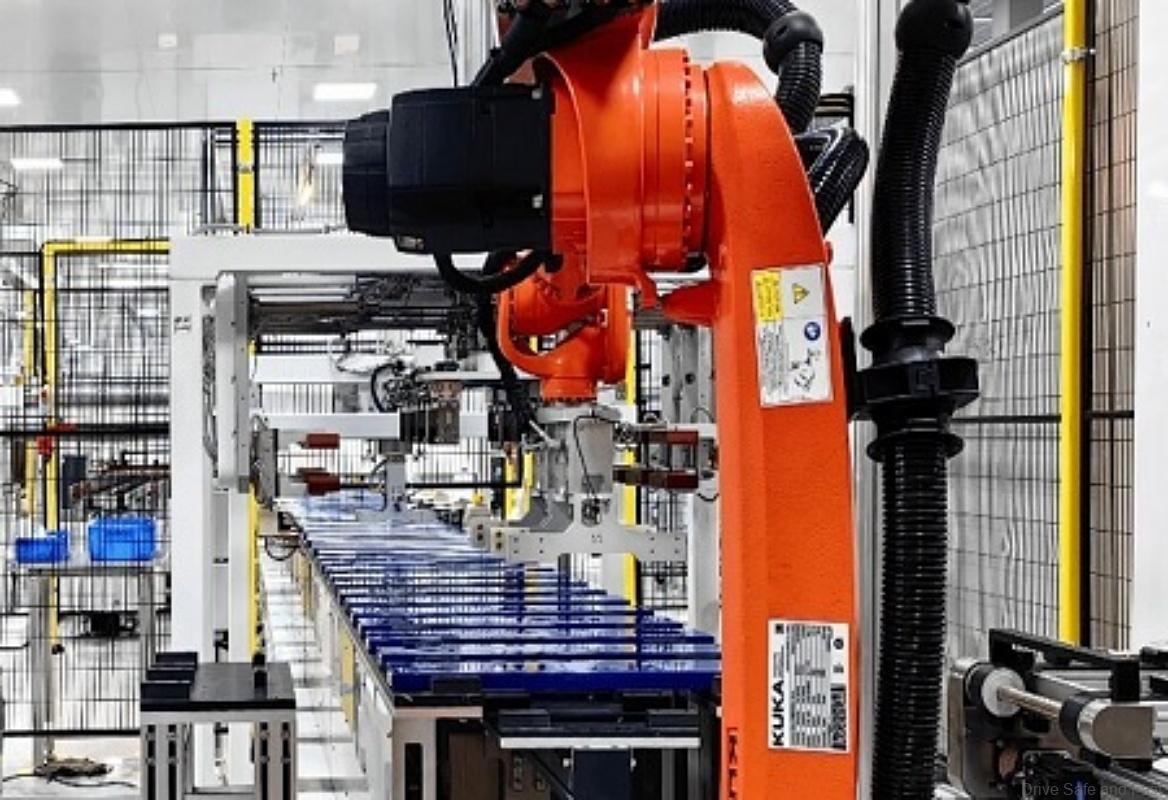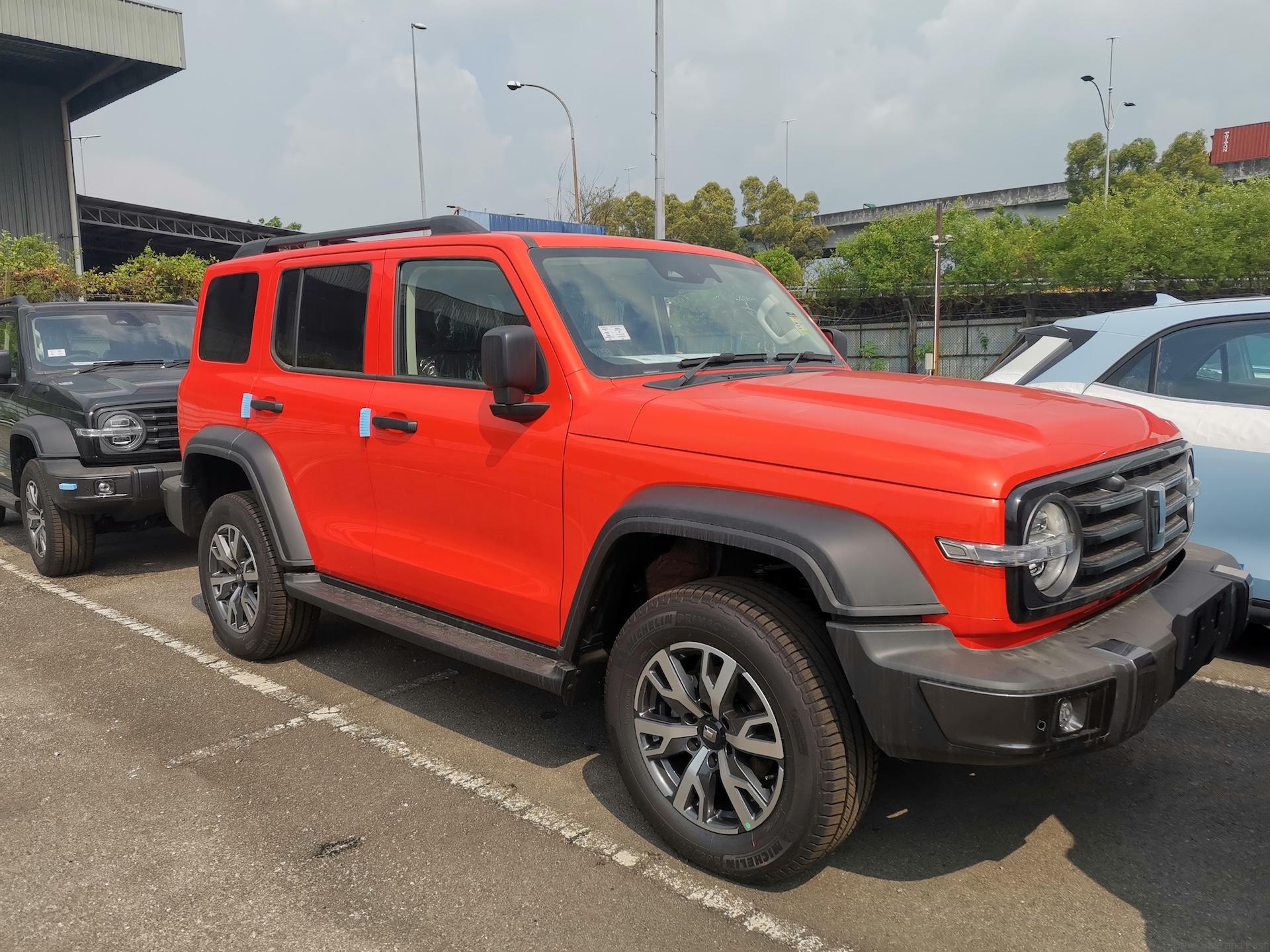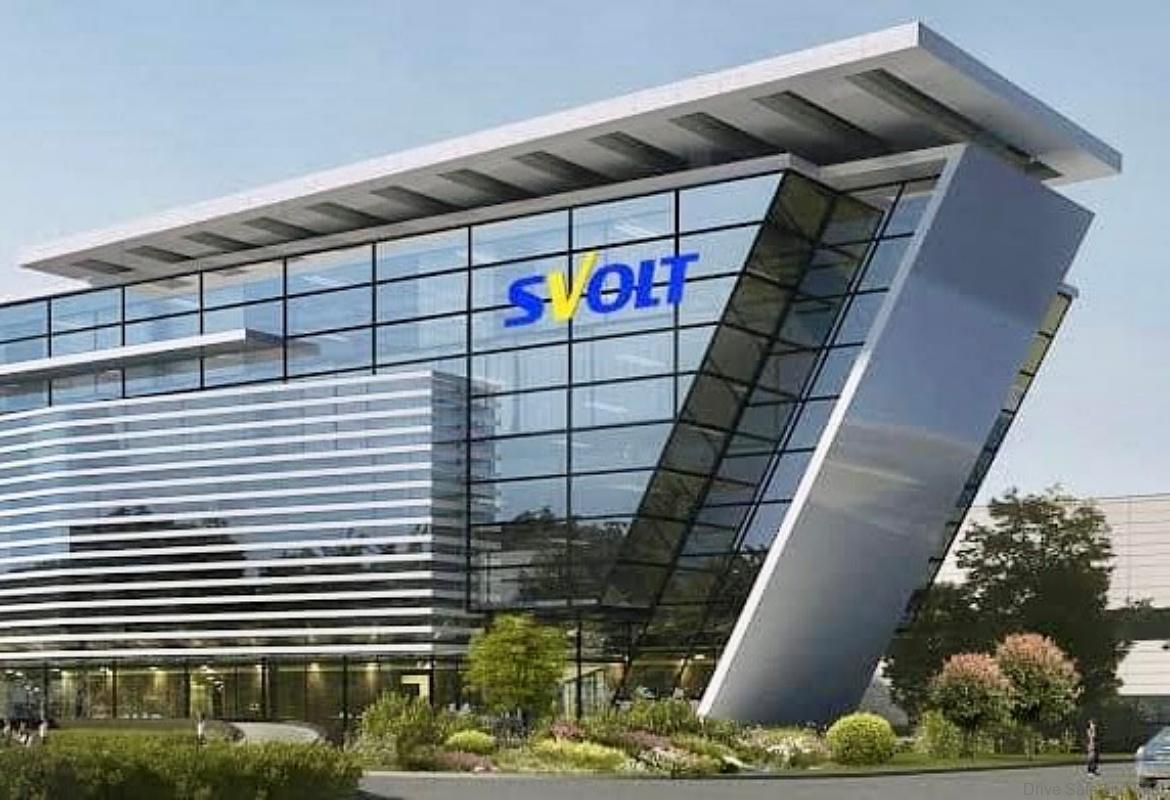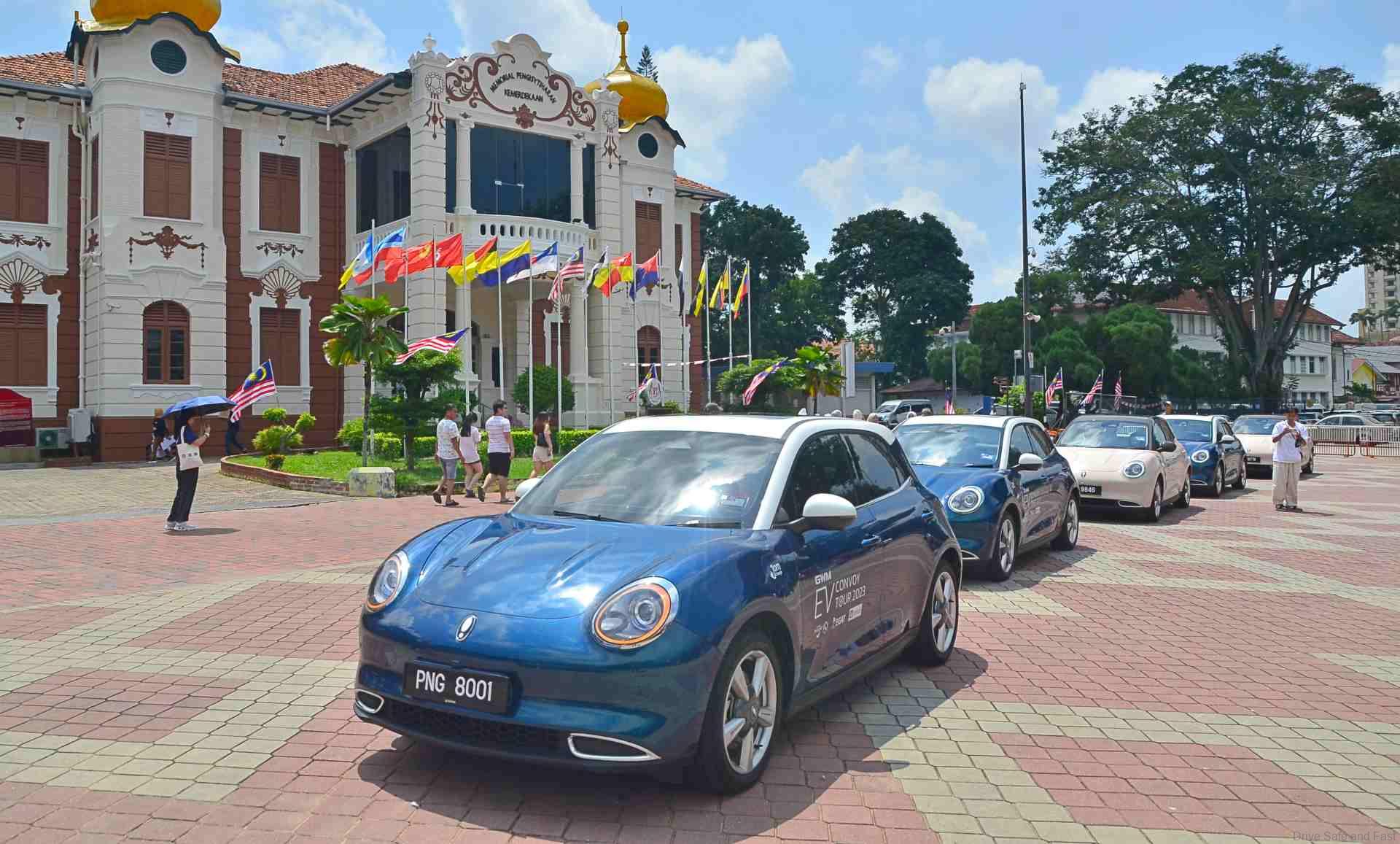SVOLT should help GWM keep up with demand for its EVs globally now
SVOLT Energy, a prominent Chinese battery manufacturer owned by Chinese automaker, GWM, has commenced mass production of electric vehicle (EV) battery packs at its newly established facility situated in Si Racha town, Chonburi province, Thailand. This is great for the brand.

The plant boasts a total production capacity of approximately 60,000 modules and packs annually. While SVOLT has not disclosed the exact capacity of the plant, reports indicate that bulk deliveries of battery packs to key clients have commenced, aiming to supply over 20,000 packs to local customers within this year.
Moreover, the battery packs produced at the Thai facility are anticipated to be utilized in various new energy vehicles (NEVs) manufactured by Hozon New Energy Automobile (the parent company of Neta Auto) and GWM’s brands including Ora, Tank, and Haval, which are also all locally assembled in Thailand.

SVOLT is also reportedly considering establishing up to five battery manufacturing plants in Europe, reflecting the company’s strategic expansion efforts to meet the growing demand for EV battery packs in the region. Given how the brand has many orders annually, this should help it keep up with demand.
The facility also has two production lines, one for producing the battery modules and the other for assembling them into battery packs. It is reported that the battery modules made at the site utilize the company’s ‘L600’ series cells of Lithium Iron-phosphate (LFP) chemistry, currently imported from China.

On top of that, SVOLT Energy’s ‘LCTP’ battery packs assembled at the Thai facility boast a capacity of up to 60 kWh, translating to a driving range of up to 500 km for electric cars. This may not seem like much given all the newer EVs here can do more than that but many luxury EVs can barely manage this kind of range.
The Thai battery plant holds significant strategic importance for SVOLT’s worldwide footprint and growth strategy, capitalizing on the nation’s burgeoning EV market and strong automotive manufacturing sector. So will this help GWM outsell and export more vehicles than BYD by next year? Let’s see.

Operated through a joint venture between SVOLT’s Thai subsidiary and local Banpu NEXT, the facility represents a pivotal step in the company’s global expansion efforts. What do you guys think though? Will this move help GWM become the number one EV exporter globally or not?

We got all this from CEO insights Asia and their full article is linked here. Thank you CEO insights Asia for the information and images.
